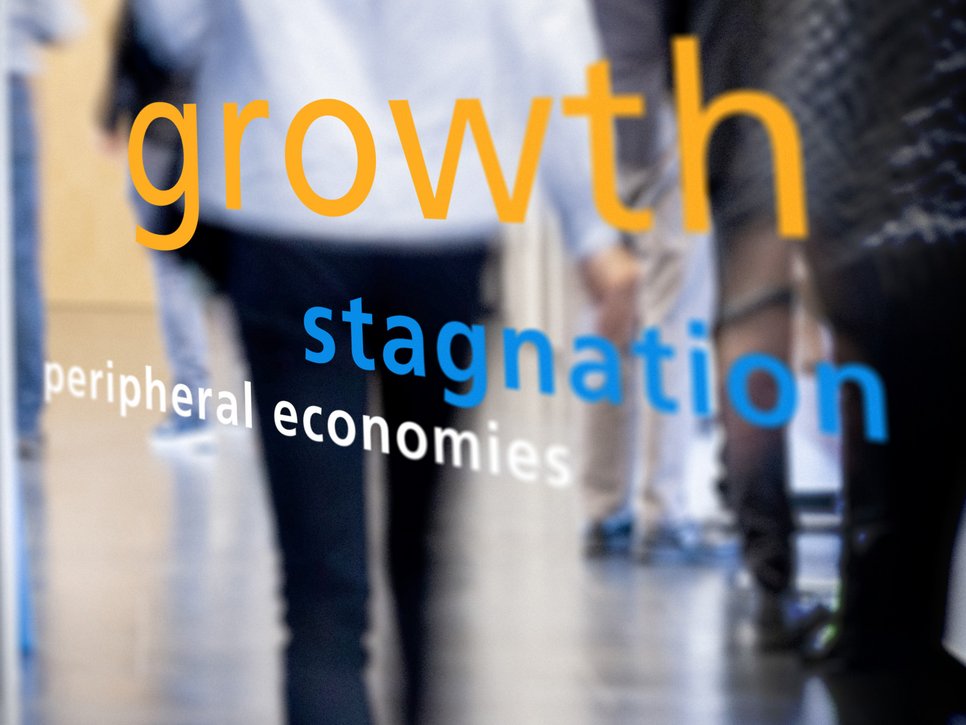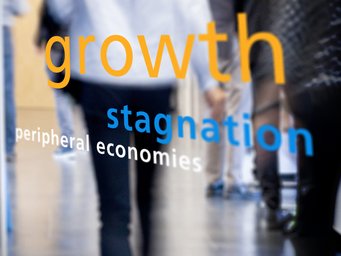The Politics of Growth, Stagnation, and Upgrading in Advanced Peripheral Economies
Research workshop | July 12–13, 2022
The global financial crisis and the recent COVID-19 pandemic have again highlighted the sharpening of core-periphery divisions globally and within regional economic blocs. These developments have brought about a renewed interest among comparative political economists in the features of peripheral capitalism, and on the constraints and opportunities deriving from a position of peripherality in the global economy.

Despite this growing attention, however, Comparative Political Economy (CPE) is still predominantly focused on the study of a handful of core advanced economies from Europe and North America. This workshop aims to address these blindspots and broaden the geographical scope of CPE by integrating the analysis of peripheral capitalism in the recent literature on the diversity of growth models and growth strategies, and by building a dialogue with the theoretical and research tradition of dependency theory. We expand upon the insights emerged from a first workshop held at the MPIfG in April 2021 on “The political economy of growth in peripheral economies,” bringing together a diverse group of global scholars working on peripheral regions including Southern and Eastern Europe, Latin America and the Middle East. The workshop contributions will connect insights from the literature on growth models, link them with existing research on peripheral capitalism and dependency, and advance thereby the debate on peripherality within the growth models perspective. Concretely, the contributions do so by tackling three interrelated research questions.
- How can we best conceptualize the notion of “peripheries” and peripheralization within the CPE tradition, and especially within the renascent debates on growth models, and connect CPE debates with insights from the dependency research programme?
- What growth and upgrading strategies are available to economies that occupy a peripheral position within their respective regional economic blocs and/or within global value, wealth and supply chains?
- What are the coalitions underpinning these growth strategies, and how does peripherality impact upon the politics of growth, stagnation and upgrading?
